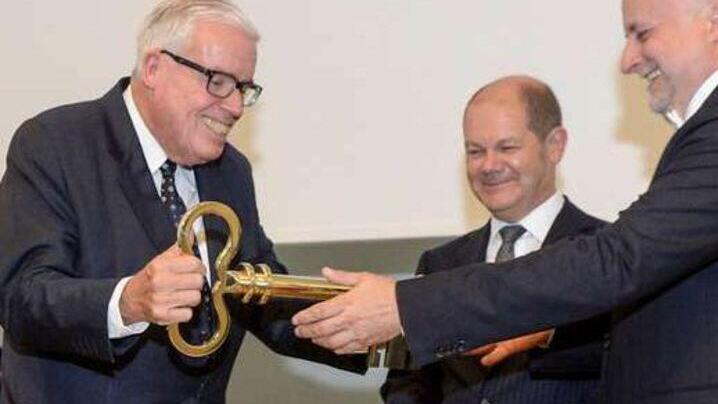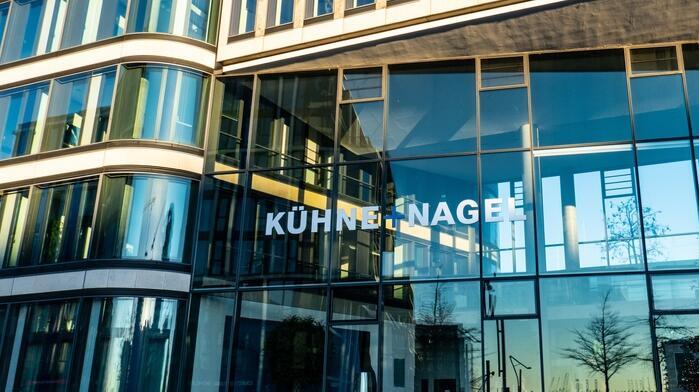Getting your Trinity Audio player ready...
Germany’s wealthiest man, Klaus-Michael Kuehne, has built a global business empire, but an investigative report has revealed that his fortune traces back to Nazi-era expropriations.
Kuehne, owner of logistics giant Kuehne + Nagel, attempted for years to obscure his family's dark history. His grandfather founded the company in 1890, and during the Nazi regime, the Kuehne family enriched themselves by expropriating the assets of Jewish shareholders and others persecuted under the Third Reich.
Kuehne’s holdings today span companies such as Lufthansa, Hapag-Lloyd and the owner of North America’s Greyhound bus lines. His parents, Alfred and Mercedes Kuehne, benefited from Nazi policies after 1933, acquiring wealth through the confiscation of Jewish property across Europe, with stolen art alone valued at hundreds of millions.
Researchers uncovered that the Kuehnes joined the Nazi Party in the 1930s, and by 1944, the company had grown from seven branches to 26 across Europe. A Vanity Fair exposé reported that Alfred Kuehne avoided prosecution after WWII with the help of American and British intelligence agencies.
In 2000, Kuehne + Nagel joined other German companies in a $2.5 billion fund to compensate WWII forced laborers, yet refused to open its archives, claiming they were destroyed in bombings.
In 2015, Kuehne commissioned a study on the company’s history but clashed with researchers when they uncovered his family's Nazi ties. Despite his wealth, valued at $44 billion, and influence in the economy, philanthropy and the arts, Klaus Kuehne has largely stayed out of the spotlight and does not pay taxes in Germany. Born in 1937, Kuehne was a child during the war and is not held accountable for his father’s actions.



